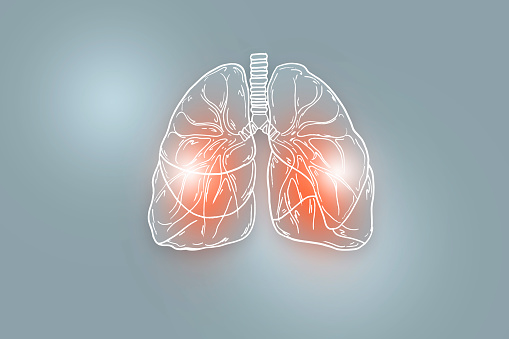Subtotal $0.00

Dr. Mahaaaluxmii, with 20+ years of expertise, offers trusted skin, ENT, and critical care services in Greater Noida.
Shop no 14, f block market Near Navin Hospital Alpha 2 greater Noida, Uttar Pradesh 201308
Shopping cart
- Home
- About Us
- Services
- Skin Allergies Treatment
- Liver Diseases
- Stomach Ulcers
- Fever Treatment
- Covid Management
- Fungal Diseases
- Sexually Transmitted Diseases
- Hair Fall
- Asthma and Lung Diseases
- TB Management
- Heart Diseases
- Diabetes Management
- Blood Pressure Management
- Anemia Management
- Vitamin Deficiency Treatment
- Hearing Aid Devices
- Blood Sample Testing
- Hearing Test Available
- Lab Test Facility
- Gallery
- Blog
- Contact Us
- Phone:+91 9220138430
- Email:infodrmahalaxmi@gmail.com


